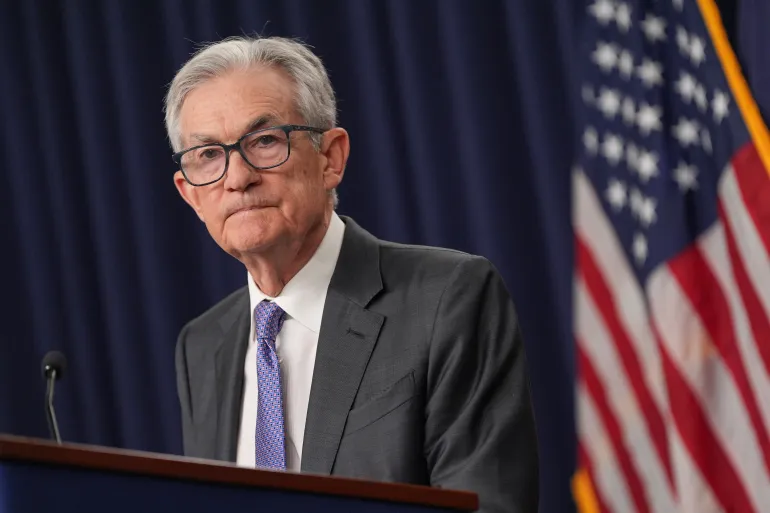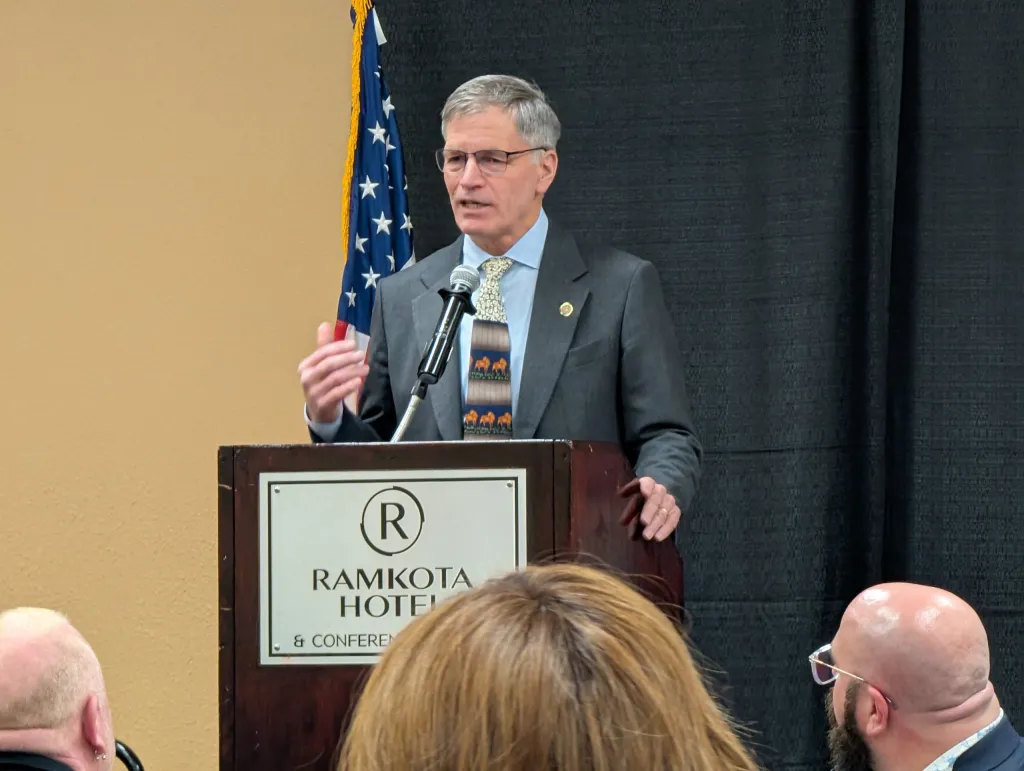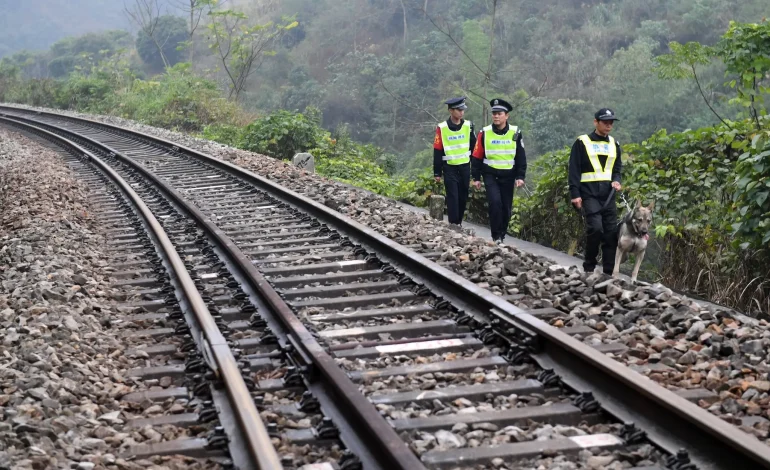China is stepping up its efforts to enforce strict controls on the export of rare earth elements, escalating concerns about shortages in global supply chains.
A coordinated campaign involving police, customs, and intelligence agencies has been launched to prevent these critical materials from leaving the country without government authorization.
Rare earths are essential to a wide array of industries, from electric vehicle manufacturing and renewable energy to defense and advanced electronics. As the world’s dominant processor of these minerals, China’s policy decisions around rare earth exports have far-reaching implications for manufacturers across the globe.
The Chinese government halted legal exports of seven types of rare earths and associated magnets on April 4, instituting a licensing system for any further shipments. These licenses have been issued sparingly. According to Beijing, the measure is designed to protect national security and limit military use of rare earths by foreign powers, particularly amid ongoing trade tensions with the United States.
In parallel, Chinese authorities are cracking down on smuggling, which had previously allowed rare earths to bypass official export channels. Guangxi province, which borders Vietnam and has historically been a smuggling hotspot, has come under intensified scrutiny. Physical barriers such as motion-detecting fences and increased surveillance have made smuggling more difficult, though not impossible.
A meeting of senior Chinese officials from 11 ministries and seven provinces in May emphasized the need to track rare earths at every stage of production and transport. Officials framed the effort as crucial to national security, citing past issues where illegal exports diluted the effectiveness of export restrictions.
Exporters are now required to provide detailed documentation outlining not only the buyers of rare earths, but also their intended use — sometimes down to photographs of the end products. Experts say this level of detail could give China strategic insights into global rare earth consumption and enable targeted trade responses in the future.
James Litinsky, CEO of MP Materials, which operates the only US rare earth mine in Mountain Pass, California, suggested that the process is “essentially becoming an intelligence gathering effort.”
The ripple effects are already being felt. Automakers such as Mercedes-Benz and BMW have begun assessing their supply chains for vulnerabilities, particularly regarding parts that rely on rare earth components. Mercedes has increased dialogue with suppliers and is considering stockpiling to avoid disruptions. BMW confirmed that parts of its supply network are already affected and said it is closely monitoring the situation.
Rare earth elements such as terbium and neodymium are vital for electric motors, sensors, and other high-tech automotive components. As prices rise and availability declines, some analysts draw comparisons to the global semiconductor shortage that disrupted the automotive industry during the COVID-19 pandemic.
The latest measures come in the broader context of escalating trade friction between the US and China. In April, China’s export curbs followed new US tariffs and restrictions on sensitive technology exports to China.
With input from the New York Times and Bloomberg.










The latest news in your social feeds
Subscribe to our social media platforms to stay tuned